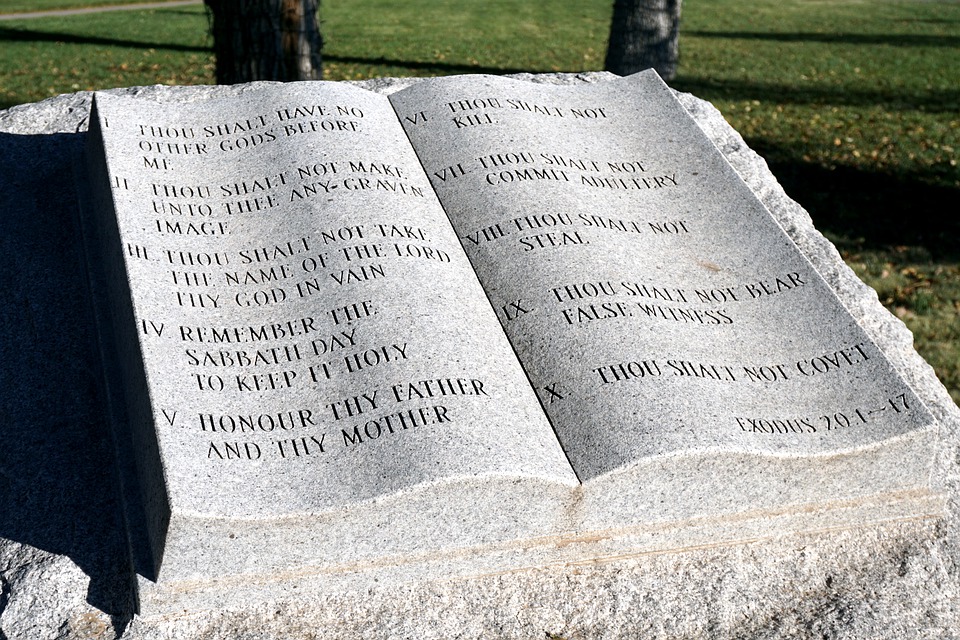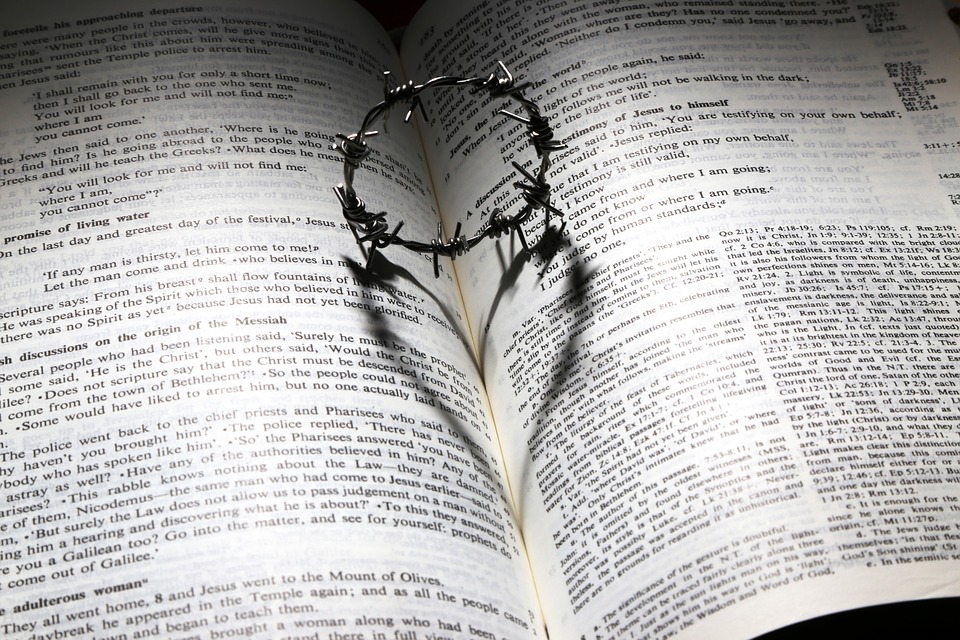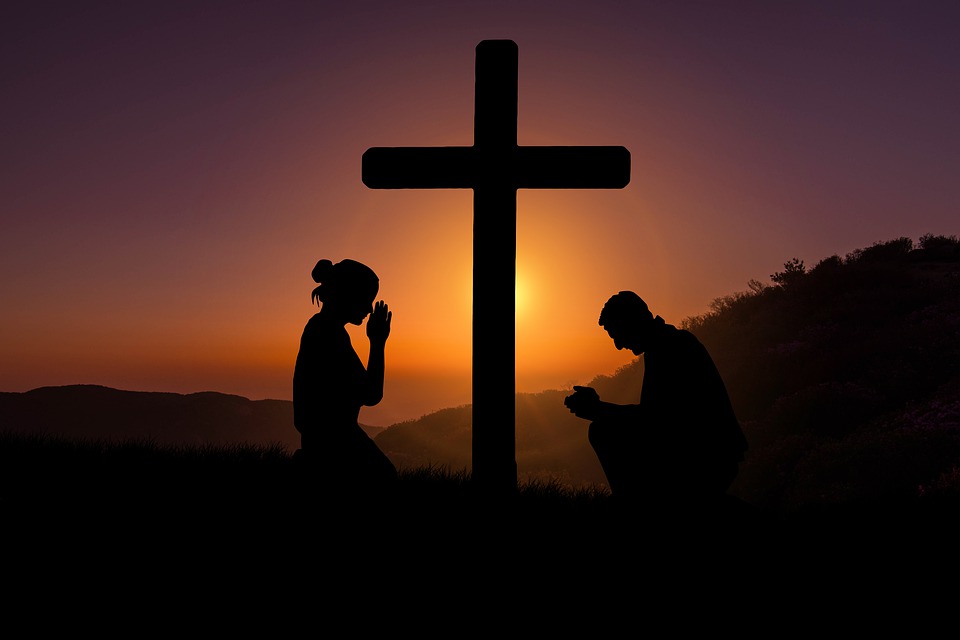Religion is often seen by many as a taboo topic to be avoided. However, it is important to remember that the many ethical and moral rules that religion teaches us affect us as people. This ongoing series aims to look at the various religious laws that surround and mould our society. In part 1, we discovered Hindu Law and this article will focus on Christian Laws.
Christian Laws
“Those who refuse to obey the law are refusing to obey God and punishment will follow.”
– Romans 13: 2
Unlike Hindu law, which was discussed in the first article, there are various interpretations of Christian religious laws, so let’s have a look at each of them.
Biblical/Mosaic law

Biblical or Mosaic is based on the Sinaitic covenant between God and the Israelites. Its establishment can be found in the first five books of the Hebrew Bible – Genesis, Exodus, Leviticus, Numbers and Deuteronomy.
Biblical Summary of the Law of Moses
A thousand years after Abraham’s death, who was and is still considered The Father of Many Nations, the Jews were treated as slaves in Egypt. However, God sent a prophet called Moses to deliver His nation. After crossing the Red Sea, Moses and the people of Israel travelled in the desert and camped in front of the Mount Sinai.
On the third day of their encampment, as described in Exodus 19: 16, “there was thunder and lightning, as well as a thick cloud on the mountain, and a blast of a trumpet so loud that all the people who were in the camp trembled.”
Moses climbed to the summit of the mountain, where God entrusted him with The Ten Commandments – a new system of laws for the people in relation to worship and behaviour.
Then, God Himself appeared to His people, detailing the Ten Commandments thusly:
- I am the Lord, your God, who brought you out of Egypt and out of the land of slavery. You shall have no other gods before me.
- You shall not make for yourself an image in the form of anything in heaven above or on the earth beneath or in the waters below. You shall neither bow down nor worship them, for I am a jealous God, punishing the children for the parents’ sin to the third and fourth generation of those who hate me but showing love to a thousand generations of those who love me and keep my commandments.
- You shall not misuse the name of the Lord your God, for I will not hold anyone guiltless who misuses my name.
- Remember the Sabbath day by keeping it holy. You shall labour for six days but the seventh day is a sabbath when you shall not do any work, neither you, nor your son or daughter, nor your male or female servant.
- Honour your father and your mother, so that you may live long in the land the Lord your God is giving you.
- You shall not murder.
- You shall not commit adultery.
- You shall not steal.
- You shall not give false testimony against your neighbour.
- You shall not covet anything that belongs to your neighbour.
The New Covenant

The New Covenant was brought about when Jesus died for our sins, breaking the chains that used to bind us and set us free. The New Covenant represents a new relationship with God, mediated by Jesus Christ upon our acceptance of Him as our saviour and king.
Under the Old Covenant, people were bound by the curse of Adam and Eve’s sin and sacrifices had to be offered for several purposes such as for the atonement of sin or to give thanks to God. However, the New Covenant is a gracious one where the death and resurrection of Christ purified us, and we received the full forgiveness of sins.
And as claimed in Romans 6: 14, “For sin shall no longer be your master because you are not under the law, but under grace.”
The Christian laws are interpreted differently by different Christian denominations. Those who still believe in the Old Covenant are the legalists while those who believe in grace rather than law are called antinomians. What are your views? Please share your comments!

